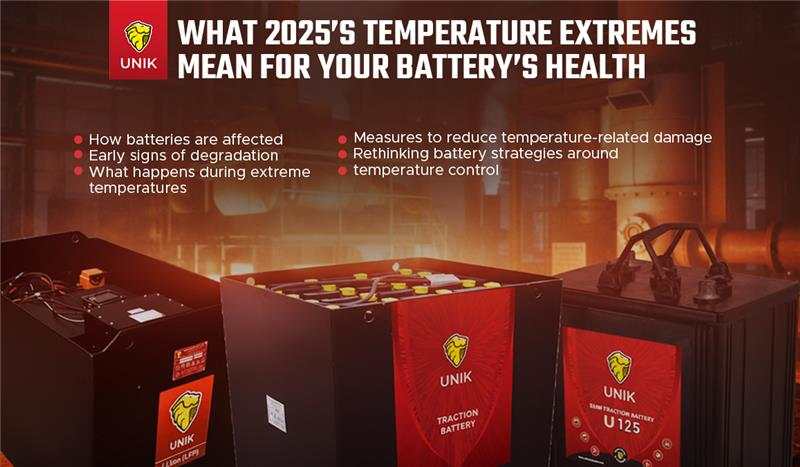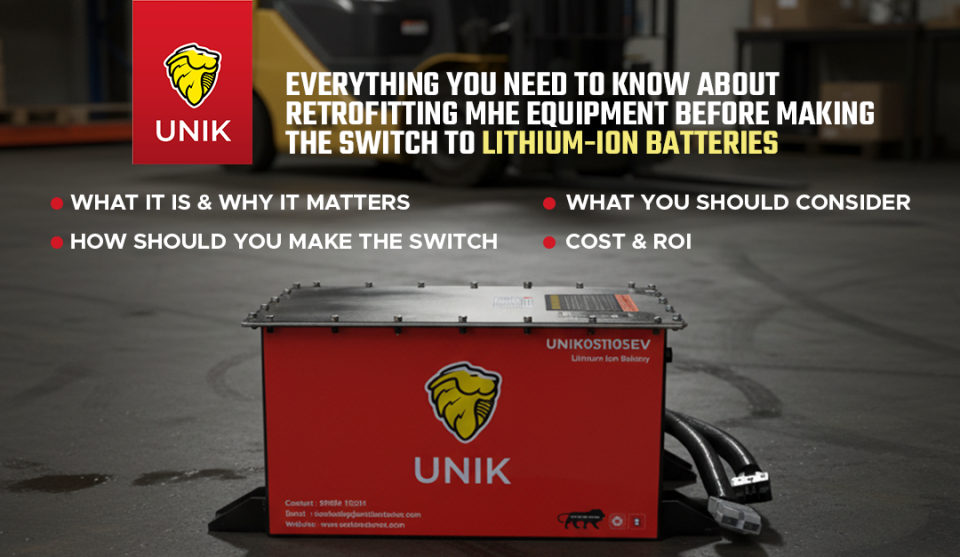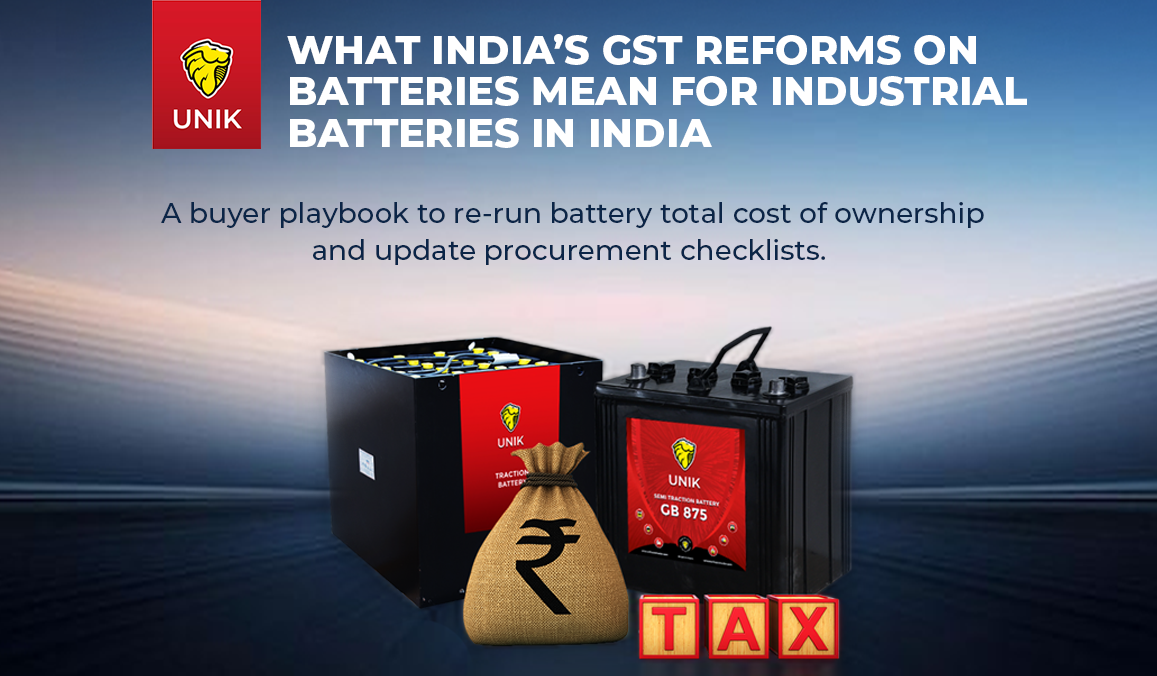What is the difference between a solar battery and a general battery?
A
solar battery is a tubular positive plate battery unlike an
automotive engine starting
battery
which has pasted positive plates. Both these
batteries do however have negative pasted plates. But the negative pasted plates of tubular plate
solar batteries are very thick compared to the negative pasted plates of automotive batteries.
When you say general
battery
you must be referring to the car, bus or truck batteries which are classified as automotive batteries.
Batteries with
tubular positives and thick pasted negative plates are used in
stationary and
traction
applications.
Stationary batteries are used for
1. Large UPS systems in industries.
2. Telecom back up systems.
3. Emergency backup in
power supply stations.
4. Reliable power supply in Nuclear
Power Installations.
5. UPS systems in home inverters, clinics and shops.
6. Railway signaling and air conditioning systems.
7. Storage of
solar energy to use in remote locations as the only source of power or to augment power as a renewable energy source.
Stationary batteries used for solar power are different from stationary
batteries used in UPS or other applications though both are made using
tubular positive plates and thick pasted negative plates.
A battery made for
solar application is rated at 120 hr rate for a discharge at very low current over a long duration. This is necessary since these batteries must have a 5 day autonomy at the very least. That means they must be able to deliver power for 5 days which is 120 hours even without getting charged. Such situations arise when there is heavy rainfall and sun is not available to provide charge to the battery through the collecting solar panels.
In case a 2 volt
stationary battery cell made for
solar application is rated at 500 Ah at the 10 hr rate and can deliver 50 amperes for 10 hrs it means that battery can deliver 6.25 amperes for 120 hours. This battery is therefore rated as 750 Ah at the 120 hr rate.
Solar batteries are designed and manufactured specially at the factory - with characteristics different from UPS batteries. They are manufactured so as to
1. have a low topping up frequency.
2. accept charge efficiently so that battery gets charged in the short duration when Sun is available.
3. be capable of discharge over a long duration.
4. be able to withstand operation in high temperature outdoor storage areas.
5. have low maintenance characteristics.
6. have a low internal resistance.
A solar tubular positive plate lead acid battery is a battery connected to a
solar photovoltaic system
with an inverter and charging system as an interface between the solar photovoltaic cells and battery.
The solar photovoltaic cells charge the storage battery using power from the sun to do so. The
photovoltaic cells are connected to the charger. Once the battery is fully charged the energy from the battery is used as per load demand. An inverter converts the DC power of battery to AC power suitable for the load.






